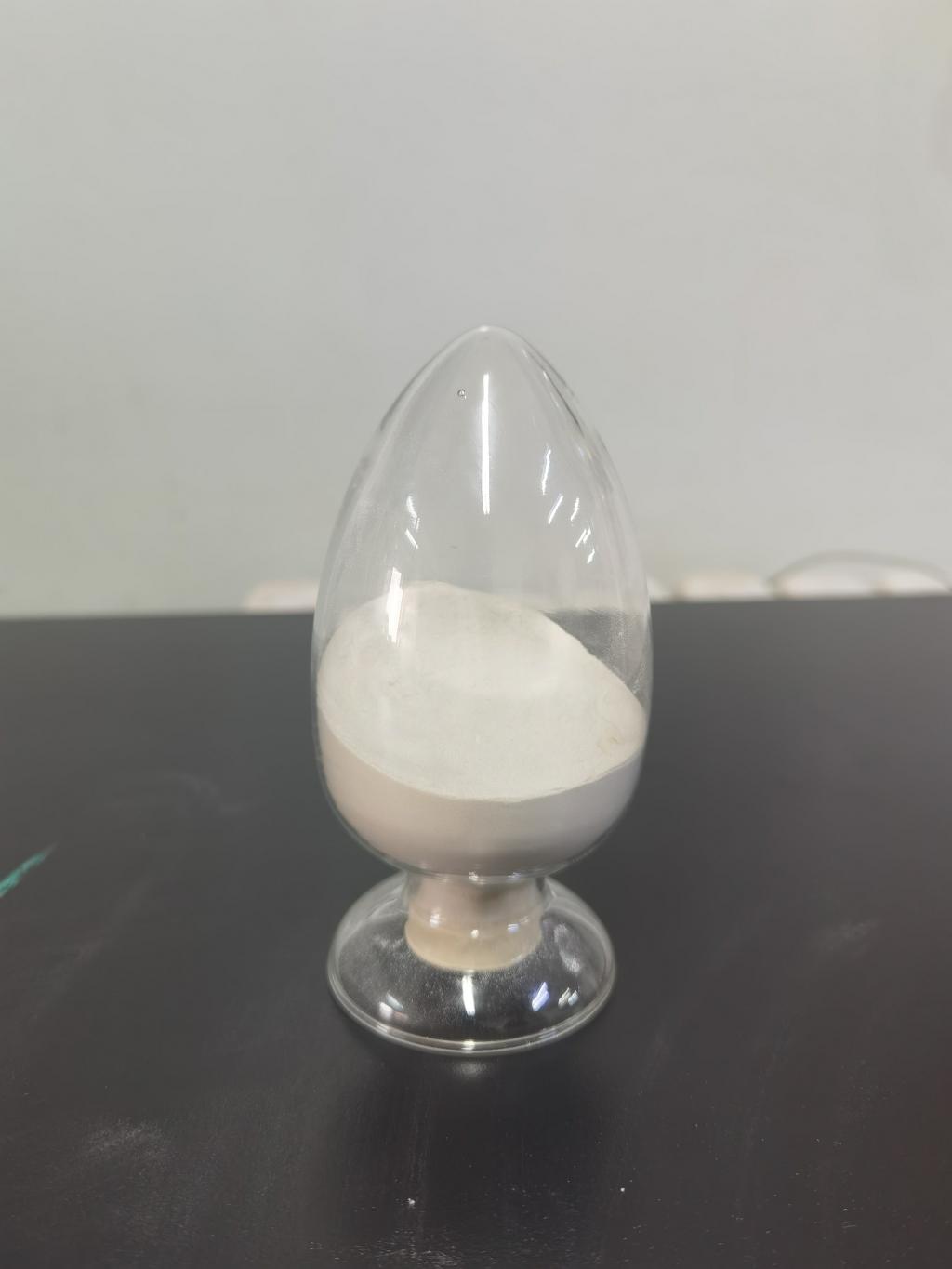Tel:+8618231198596

News
 CONTACT
CONTACT
 CONTACT
CONTACT
- Linkman:Linda Yao
- Tel: +8618231198596
- Email:linda.yao@dcpharma.cn
- Linkman:CHARLES.WANG
- Department:Overseas
- Tel: 0086 0311-85537378 0086 0311-85539701
News
Nisin’s effectiveness in preserving the freshness of gourmet and artisanal baked goods.
TIME:2024-10-09
The Challenge with Baked Goods
Bakery items, especially those that fall into the gourmet and artisanal categories, often contain fewer preservatives than their mass-produced counterparts. This preference for cleaner labels and natural ingredients, while appealing to health-conscious consumers, can significantly shorten the product's shelf life. Moisture, warmth, and the presence of sugars create an ideal environment for microbial growth, leading to spoilage and, in some cases, the risk of foodborne illnesses. Thus, there is a pressing need for effective, natural preservation methods that do not alter the sensory qualities of these premium products.
Nisin: An Overview
Nisin is classified as a lantibiotic, a type of antibiotic characterized by its unique post-translational modifications, which include the introduction of lanthionine residues. These modifications contribute to nisin's exceptional stability under various processing conditions, such as heat, pH, and salt concentrations, making it a versatile candidate for use across different food matrices. Importantly, nisin is generally recognized as safe (GRAS) by regulatory bodies around the world, including the US Food and Drug Administration (FDA) and the European Food Safety Authority (EFSA).
Potential Benefits in Baked Goods
Extended Shelf Life: By inhibiting the growth of a broad spectrum of gram-positive bacteria, including spore-formers, nisin can help delay the onset of mold, yeast, and bacterial spoilage, thereby extending the freshness of baked goods.
Maintaining Sensory Attributes: Unlike some chemical preservatives, nisin does not typically affect the flavor, aroma, or texture of foods, allowing artisanal bakers to preserve the distinctive characteristics of their products.
Clean Label Appeal: As consumer demand for natural and minimally processed foods grows, the use of nisin aligns with the trend towards clean label formulations, providing a more transparent and appealing ingredient list.
Research and Development
While the efficacy of nisin in preserving baked goods is promising, ongoing research is crucial to optimize its application. Factors such as the optimal concentration of nisin, its interaction with other ingredients, and the impact on specific types of baked goods (e.g., bread, pastries, cookies) require thorough investigation. Additionally, studies are being conducted to explore the combination of nisin with other natural antimicrobials or packaging technologies, aiming to achieve a synergistic effect that could further enhance preservation while minimizing the amount of preservative needed.
Conclusion
The exploration of nisin as a natural preservative for gourmet and artisanal baked goods represents a significant step forward in meeting the dual challenge of maintaining product quality and ensuring food safety. As the food industry continues to evolve, embracing innovative solutions like nisin will be key to addressing consumer demands and sustainability goals. With further research and development, nisin could become an indispensable tool in the baker's arsenal, helping to keep our favorite treats fresher for longer, naturally.
- Tel:+8618231198596
- Whatsapp:18231198596
- Chat With Skype







